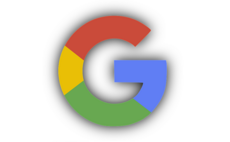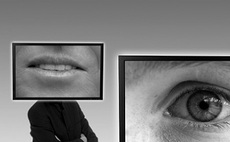Former F1 boss wants Google to remove any trace of online images of party, claiming a breach of privacy
Former head of Formula 1 racing, Max Mosley, has taken Google to court in an attempt to force the web firm to remove images of his involvement in a role-playing sex party. The case, being heard ...
To continue reading this article...
Join Computing
- Unlimited access to real-time news, analysis and opinion from the technology industry
- Receive important and breaking news in our daily newsletter
- Be the first to hear about our events and awards programmes
- Join live member only interviews with IT leaders at the ‘IT Lounge’; your chance to ask your burning tech questions and have them answered
- Access to the Computing Delta hub providing market intelligence and research
- Receive our members-only newsletter with exclusive opinion pieces from senior IT Leaders





















